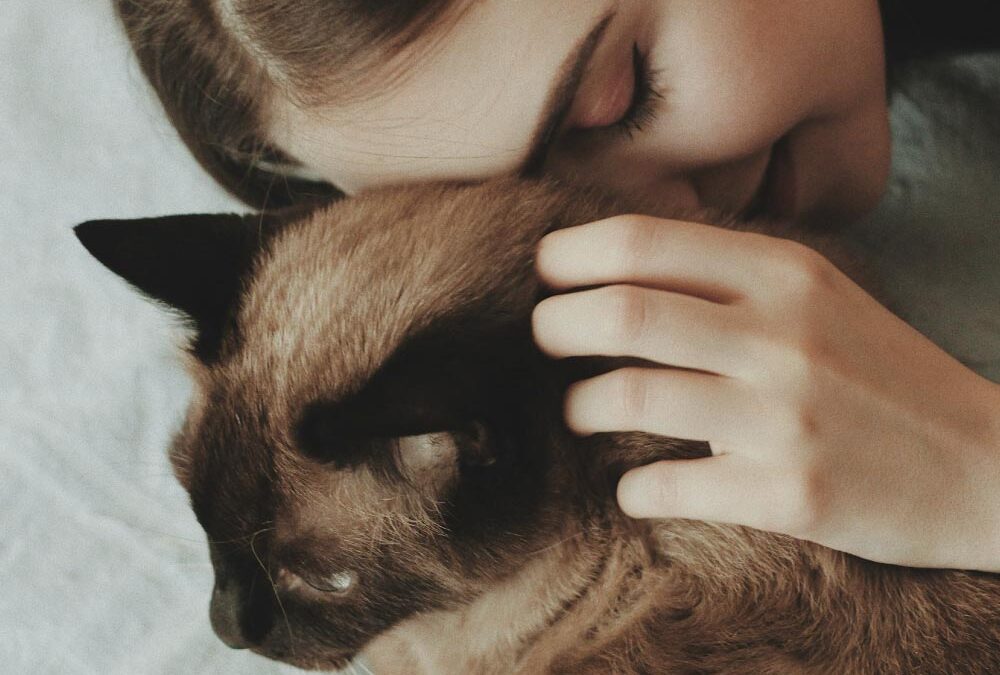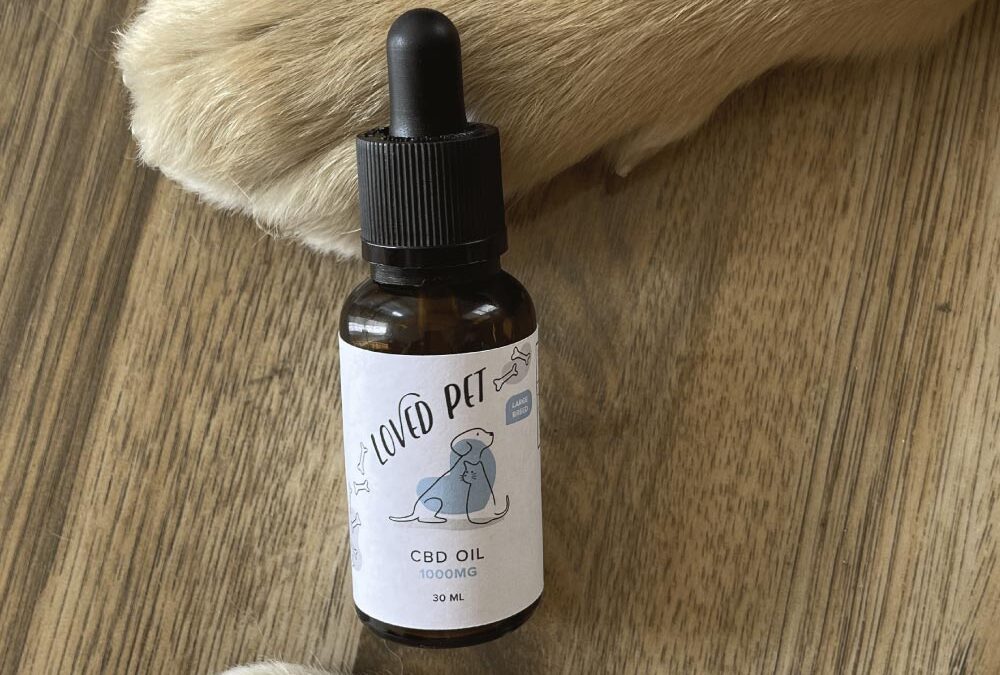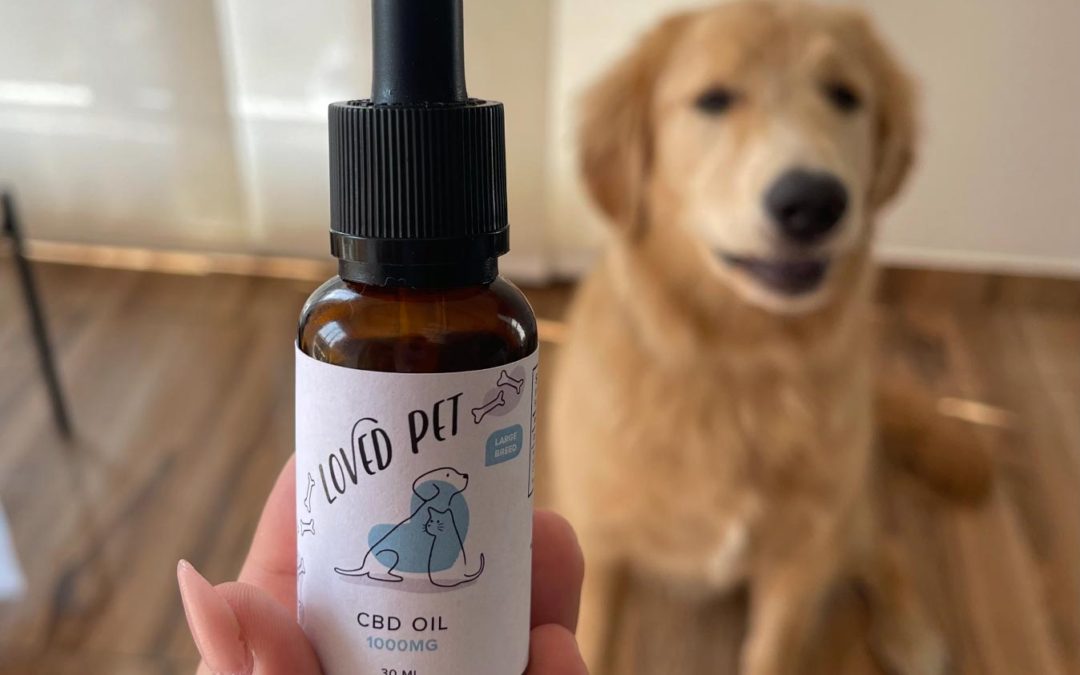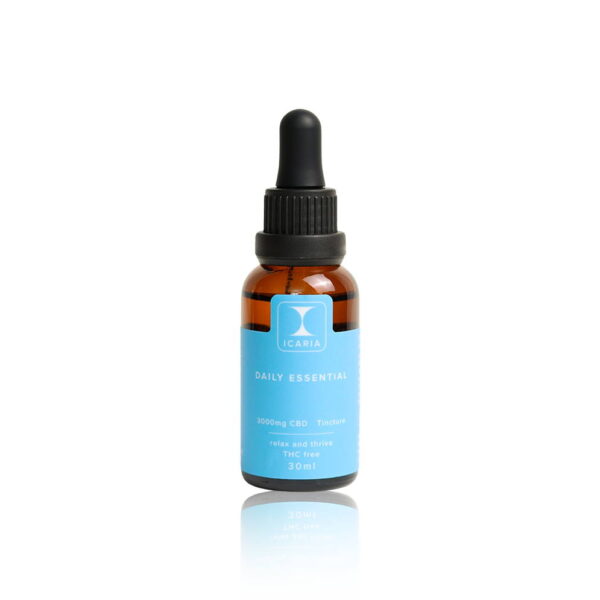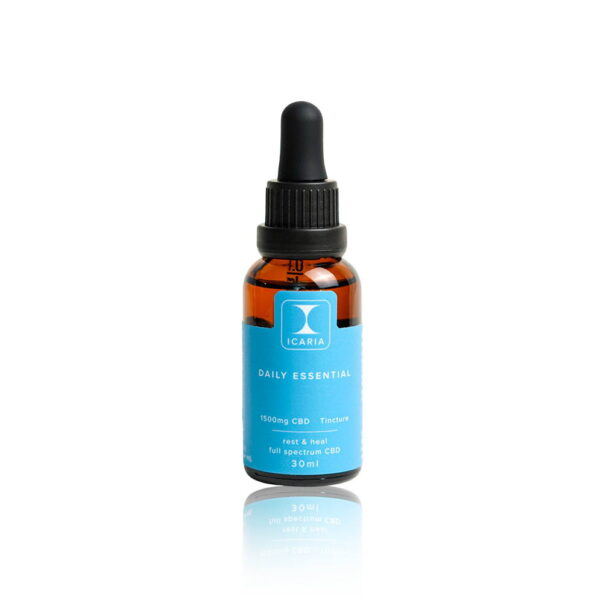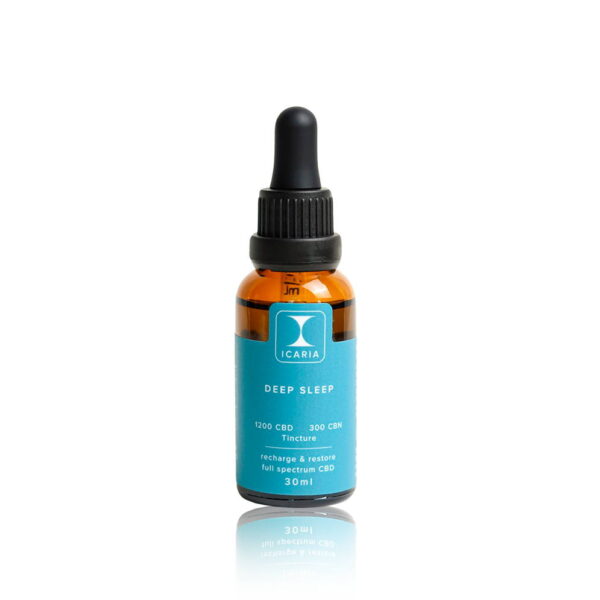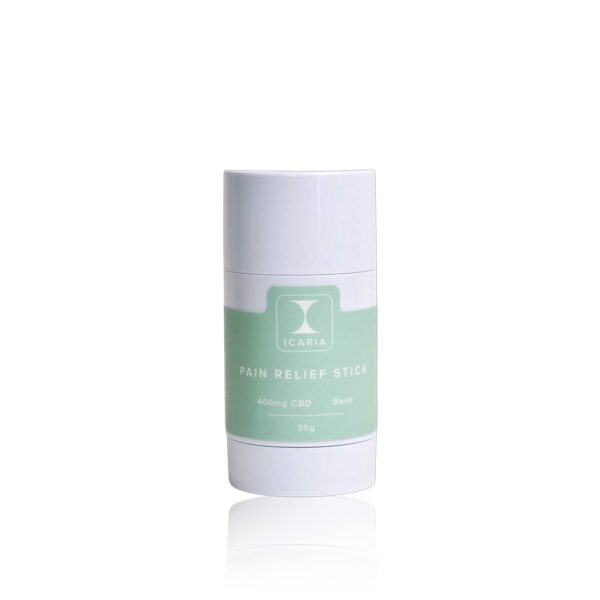In the quest to provide our feline friends with the best care possible, pet owners are increasingly turning to natural remedies to support their cats’ health and wellness. Among these remedies, CBD (cannabidiol) has emerged as a popular and promising option. Known for its potential therapeutic benefits, CBD is gaining recognition for its ability to address a variety of health issues in pets, including cats. This blog post will delve into the world of CBD for cats, exploring how it works, its benefits, the proper dosing, and where to find the best products. By understanding CBD’s potential, we can make informed decisions to enhance the well-being of our beloved furry companions.
CBD for Pets: How Does It Work?
CBD, or cannabidiol, is a compound derived from the hemp plant. It interacts with the endocannabinoid system (ECS), a complex cell-signalling system found in all mammals, including cats and humans. The ECS plays a crucial role in regulating various physiological processes such as pain sensation, mood, appetite, and immune response.
When CBD is introduced into the body, it interacts with the ECS receptors—primarily the CB1 and CB2 receptors. CB1 receptors are mainly found in the brain and central nervous system, while CB2 receptors are more abundant in the peripheral organs and immune cells. This interaction helps maintain balance within the body, promoting homeostasis and overall wellness.
In pets, including cats, CBD can help modulate the ECS to provide relief from various conditions such as pain, anxiety, inflammation, and seizures. However, it is essential to note that while CBD offers numerous potential benefits, it should not be considered a cure-all. Always consult with a veterinarian before introducing CBD into your cat’s health regimen.
Does CBD for Cats Work Differently Than for Dogs?
While the general mechanisms of how CBD interacts with the endocannabinoid system are similar across species, there are some differences in how cats and dogs metabolize and respond to CBD. These differences are essential to consider when determining the appropriate dosage and administration methods for each pet.
Cats, for example, have a more sensitive digestive system compared to dogs. This sensitivity can affect how they absorb and process CBD. Additionally, cats are known for being more finicky with their food, making it crucial to find a palatable CBD product that they will readily consume.
Another key difference lies in the dosage. Cats typically require lower doses of CBD compared to dogs due to their smaller size and different metabolic rates. It is always advisable to start with a lower dose and gradually increase it while monitoring your cat’s response.
Despite these differences, many cat owners have reported positive outcomes when using CBD for their feline companions. The key is to choose high-quality, cat-specific CBD products and to follow the recommended dosage guidelines provided by the manufacturer or your veterinarian.
The Benefits of CBD for Cats
CBD offers a range of potential benefits for cats, addressing various health issues and improving their overall quality of life. Here are some of the primary benefits of CBD for cats:
Cat CBD for Pain
Chronic pain can significantly affect a cat’s quality of life, making them less active and reducing their overall well-being. CBD has been found to have analgesic (pain-relieving) properties, which can help manage chronic pain conditions such as arthritis or injury-related discomfort. By reducing inflammation and altering pain perception, CBD can help your cat feel more comfortable and improve their mobility.
Cat CBD for Anxiety
Cats, like humans, can experience anxiety and stress, which can manifest in various ways, including excessive grooming, hiding, or aggressive behaviour. CBD’s calming effects can help alleviate anxiety by interacting with serotonin receptors in the brain, which play a role in regulating mood and anxiety. Administering CBD can help your cat feel more relaxed and reduce stress-related behaviours.
Cat CBD for Aggression
Aggressive behaviour in cats can be challenging to manage and may stem from various causes, including fear, stress, or underlying medical conditions. CBD’s calming and anti-anxiety properties can help address the root causes of aggression by promoting a sense of calm and reducing stress. This can lead to a more harmonious relationship between your cat and other pets or family members.
Cat CBD for Cancer
While CBD is not a cure for cancer, it may offer supportive benefits for cats undergoing cancer treatment. CBD’s anti-inflammatory and pain-relieving properties can help manage symptoms such as pain, inflammation, and nausea associated with cancer or its treatments. Additionally, some studies suggest that CBD may have anti-tumor effects, although more research is needed in this area.
Cat CBD for Seizures
Seizures in cats can be distressing and challenging to control with conventional medications alone. CBD has shown promise in reducing the frequency and severity of seizures in both humans and animals. By interacting with the endocannabinoid system, CBD can help stabilize neuronal activity and provide relief for cats suffering from epilepsy or other seizure disorders.
How to Dose CBD for Cats
Determining the correct dosage of CBD for cats is crucial to ensure its effectiveness and safety. Here are some general guidelines to help you get started:
- Start Low and Go Slow: Begin with a low dose of CBD and gradually increase it while monitoring your cat’s response. This approach helps prevent any potential adverse effects and allows you to find the optimal dose for your cat.
- Consider Your Cat’s Weight: The appropriate CBD dosage often depends on your cat’s weight. A common starting point is 0.1 to 0.5 mg of CBD per kilogram of body weight. For example, a 5 kg cat might start with a dose of 0.5 to 2.5 mg of CBD.
- Monitor and Adjust: Observe your cat’s behaviour and symptoms after administering CBD. If you notice improvements, you may continue with the current dose. If not, you can gradually increase the dose until you achieve the desired effects.
- Consult Your Veterinarian: Always consult with a veterinarian experienced in CBD use for pets. They can provide personalized dosing recommendations based on your cat’s specific health needs and conditions.
Where to Find the Best CBD for Cats
When it comes to selecting CBD products for your cat, quality is paramount. Here are some tips to help you find the best CBD for cats:
- Look for Third-Party Testing: Choose products that have been tested by an independent lab for potency, purity, and safety. This ensures that the CBD product contains the advertised amount of CBD and is free from harmful contaminants.
- Choose Full-Spectrum or Broad-Spectrum CBD: Full-spectrum CBD contains a range of cannabinoids and terpenes that work together to enhance the therapeutic effects of CBD. Broad-spectrum CBD is similar but contains no THC, making it a suitable option for pet owners concerned about THC’s potential effects.
- Check the Ingredients: Ensure the product contains only high-quality, natural ingredients. Avoid products with artificial additives, preservatives, or harmful chemicals.
- Read Reviews and Testimonials: Look for feedback from other pet owners who have used the product for their cats. This can provide valuable insights into the product’s effectiveness and palatability.
- Consult Your Veterinarian: Your veterinarian can recommend reputable brands and products based on their experience and knowledge of your cat’s health needs.
Conclusion
CBD for cats offers a promising natural option for addressing various health issues and promoting overall wellness. From pain relief and anxiety reduction to supporting cats with chronic conditions like cancer and epilepsy, CBD has the potential to enhance your feline friend’s quality of life. However, it is essential to choose high-quality, cat-specific CBD products and follow appropriate dosing guidelines. Always consult with a veterinarian before introducing CBD into your cat’s health regimen to ensure its safety and effectiveness. By doing so, you can provide your beloved cat with the best possible care and support their journey to better health and well-being.

